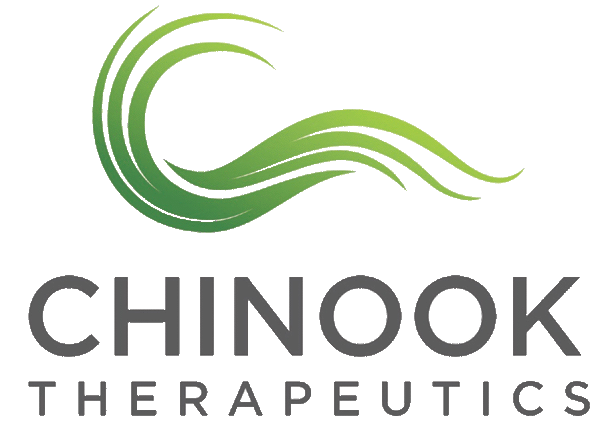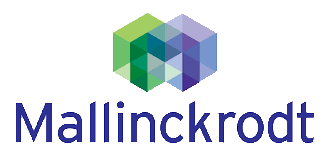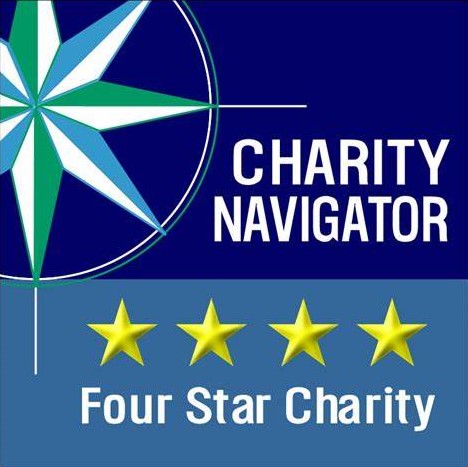Children with Kidney Disease Focus of Congressional Briefing
The American Association of Kidney Patients (AAKP), the nation’s largest independent kidney patient education and advocacy organization, co-sponsored a Congressional Briefing in Washington D.C. Thursday, March 10, 2016, World Kidney Day. The briefing, titled Kidney Disease in Children…Act Early to Prevent It, was held in collaboration with the American Society of Pediatric Nephrology, the Congressional Kidney Caucus, and Representative Jaime Herrera Beutler (R-WA 3rd District).
Pediatric kidney disease has lifelong consequences for children, parents, families, taxpayers and policy makers. Pediatric kidney disease that progresses to kidney failure requires dialysis – a service that is paid for by Medicare – or a kidney transplant, which is regulated by federal agencies. Research is urgently needed to prevent and cure kidney disease in children.
“Kidney disease impacts Americans from all backgrounds and all walks of life, but it is especially devastating for young children,” said Paul T. Conway, president of the American Association of Kidney Patients. “Research and development of medications and treatments for pediatric kidney disease has advanced considerably, yet far more can be done by the U.S. Congress and the Federal government to remove barriers that inhibit researchers and the private sector from accelerating solutions into the market. Policy matters – and the courageous parents who care for children suffering from kidney disease know their children’s future is directly impacted by the decisions made in Congress and across the Federal government.”
Conway has managed kidney disease for more than 35 years, including two years on dialysis and more than 18 years with a kidney transplant. He has served under four presidents and three governors, including time as the Chief of Staff of the U.S. Department of Labor for Secretary Elaine Chao.
The briefing covered:
• The scope and impact of pediatric kidney disease.
• The role of Congress and regulatory agencies and their decisions have on this unique population.
Kidney care costs the American taxpayer over $99 billion per year, including $68 billion for chronic kidney disease care, and $31 billion for the more than 600,000 individuals who suffer from complete renal failure which includes those on dialysis or have a functioning kidney transplant. The most common cause of kidney disease is diabetes and hypertension. Without dialysis or a kidney transplant, patients suffering from kidney failure will not survive. Since transplant organs are in short supply, most patients must undergo dialysis treatment, a process that substitutes for healthy kidneys by mechanically filtering body wastes and excess fluids from the bloodstream, 3-4 times per week.
AAKP has a long history of actively addressing public policy issues with Federal government officials, including Congress and Federal agencies such as, the Centers for Medicare and Medicaid Services (CMS), the Health Resources and Services Administration (HRSA), the Center for Medicare & Medicaid Innovation (CMMI), the Government Accountability Office (GAO), the Food and Drug Administration (FDA), the National Institutes of Health (NIH), as well as the National Institute of Diabetes and Digestive and Kidney Diseases (NIDDK).
Organizations participating in the congressional briefing include the American Society of Nephrology, Polycystic Kidney Disease Foundation, National Renal Administrators Association, Renal Physicians Association and the American Nephrology Nurses Association. The briefing was held at the U.S. Capitol Visitors Center.
For more information about the American Association of Kidney Patients visitwww.aakp.org or call 1-800-749-2257.
###
AAKP is a voluntary non-profit organization founded by kidney patients, which for more than 45 years, has been dedicated to improving the quality of life of kidney patients through education, advocacy and the fostering of patient communities. The programs offered by AAKP inform and inspire patients and their families to better understand their condition, adjust more readily to their circumstances, and assume more normal, productive lives in their communities.































